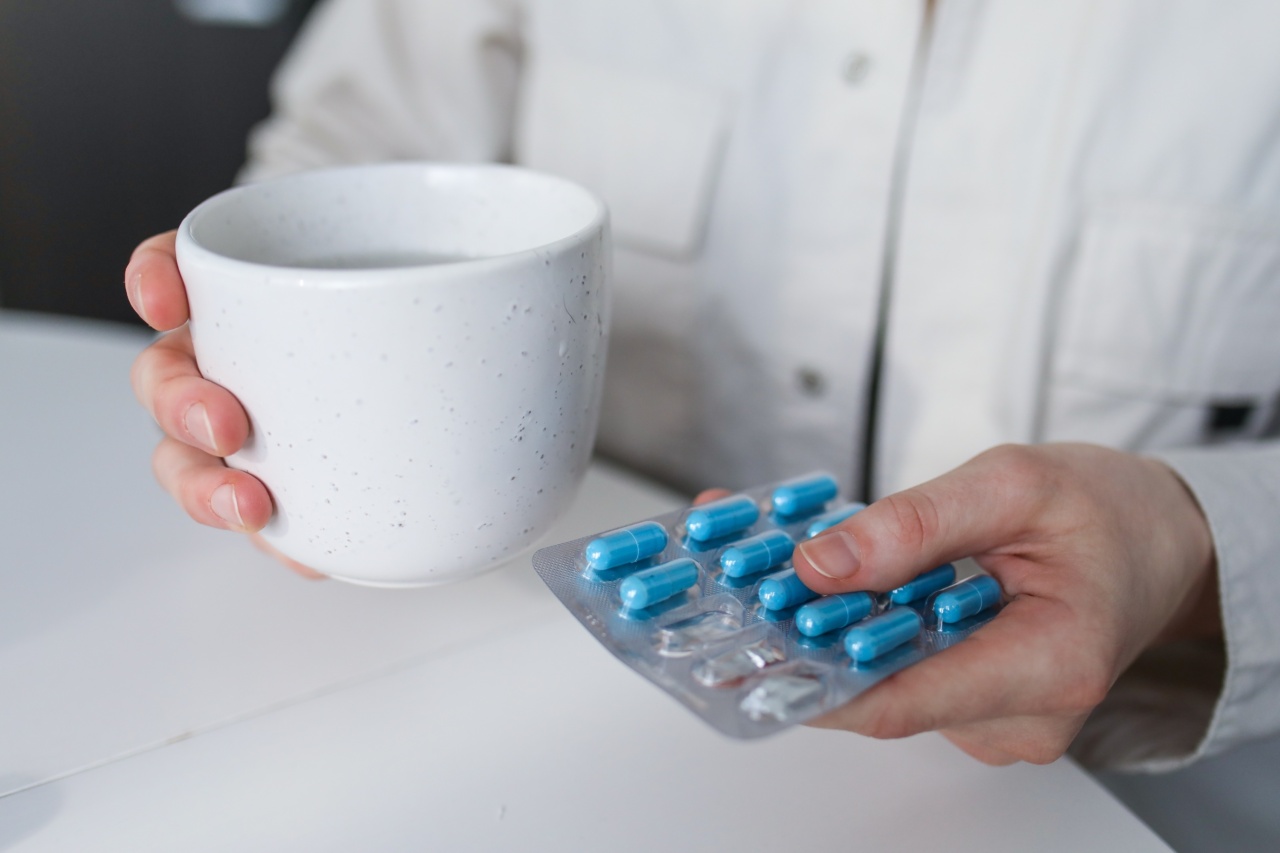As women age, their nutritional needs change. It becomes crucial for women over 40 to pay attention to their vitamin intake to support their overall health and prevent age-related health issues.
In this article, we will explore the essential vitamins that women over 40 should include in their diet to boost their health and well-being.
1. Vitamin D
Vitamin D plays a vital role in maintaining bone health and preventing osteoporosis, a common issue for women over 40. It helps the body absorb and utilize calcium and phosphorus, essential minerals for strong bones.
Moreover, vitamin D also contributes to the proper functioning of the immune system. Sources of vitamin D include sunlight, fatty fish like salmon, fortified dairy products, and egg yolks.
2. Vitamin B12
As women age, their ability to absorb vitamin B12 from food decreases. Vitamin B12 is crucial for maintaining healthy nerve cells, DNA synthesis, and producing red blood cells. Deficiency can lead to fatigue, weakness, and cognitive decline.
Good sources of vitamin B12 include lean meats, fish, dairy products, and fortified cereals.
3. Calcium
Calcium is essential for women’s bone health, especially as they age and are at a higher risk of osteoporosis. It helps prevent bone loss and reduces the risk of fractures. Postmenopausal women should aim for 1200 mg of calcium daily.
Good sources of calcium include dairy products, leafy green vegetables like broccoli and kale, and fortified plant-based milks.
4. Iron
Iron is crucial for women of all ages, but the need for iron increases after menopause due to iron loss through bleeding stopping. Iron helps transport oxygen throughout the body and is necessary for energy production and immune function.
Good sources of iron include lean red meat, poultry, fish, legumes, and fortified cereals.
5. Magnesium
Magnesium plays a crucial role in maintaining bone health and preventing osteoporosis. It also supports muscle and nerve function, regulates blood sugar levels, and promotes normal blood pressure.
Good dietary sources of magnesium include nuts, seeds, whole grains, leafy green vegetables, and legumes.
6. Vitamin C
Vitamin C is a powerful antioxidant that helps protect the body against oxidative stress and boosts the immune system. It also aids collagen synthesis, promoting healthy skin and reducing the risk of wrinkles.
Citrus fruits, berries, kiwi, bell peppers, and broccoli are excellent sources of vitamin C.
7. Omega-3 Fatty Acids
Omega-3 fatty acids have anti-inflammatory properties and offer numerous health benefits, including reducing the risk of heart disease, improving brain health, and easing joint pain.
Good sources of omega-3 fatty acids include fatty fish like salmon and mackerel, walnuts, flaxseeds, and chia seeds.
8. Vitamin E
Vitamin E is a potent antioxidant that protects cells from damage caused by free radicals. It also supports immune function and helps maintain healthy skin. Good sources of vitamin E include nuts, seeds, vegetable oils, spinach, and broccoli.
9. Vitamin K
Vitamin K plays a crucial role in bone health, as it helps regulate calcium metabolism and supports bone density. It also contributes to proper blood clotting.
Good dietary sources of vitamin K include dark leafy greens, broccoli, Brussels sprouts, and fermented foods like sauerkraut.
10. Coenzyme Q10 (CoQ10)
Coenzyme Q10 is an antioxidant that plays a vital role in energy production within cells. It also acts as a powerful antioxidant, protecting cells from oxidative damage. As women age, their natural CoQ10 production declines.
Good sources of CoQ10 include fatty fish, organ meats, nuts, and seeds.






























